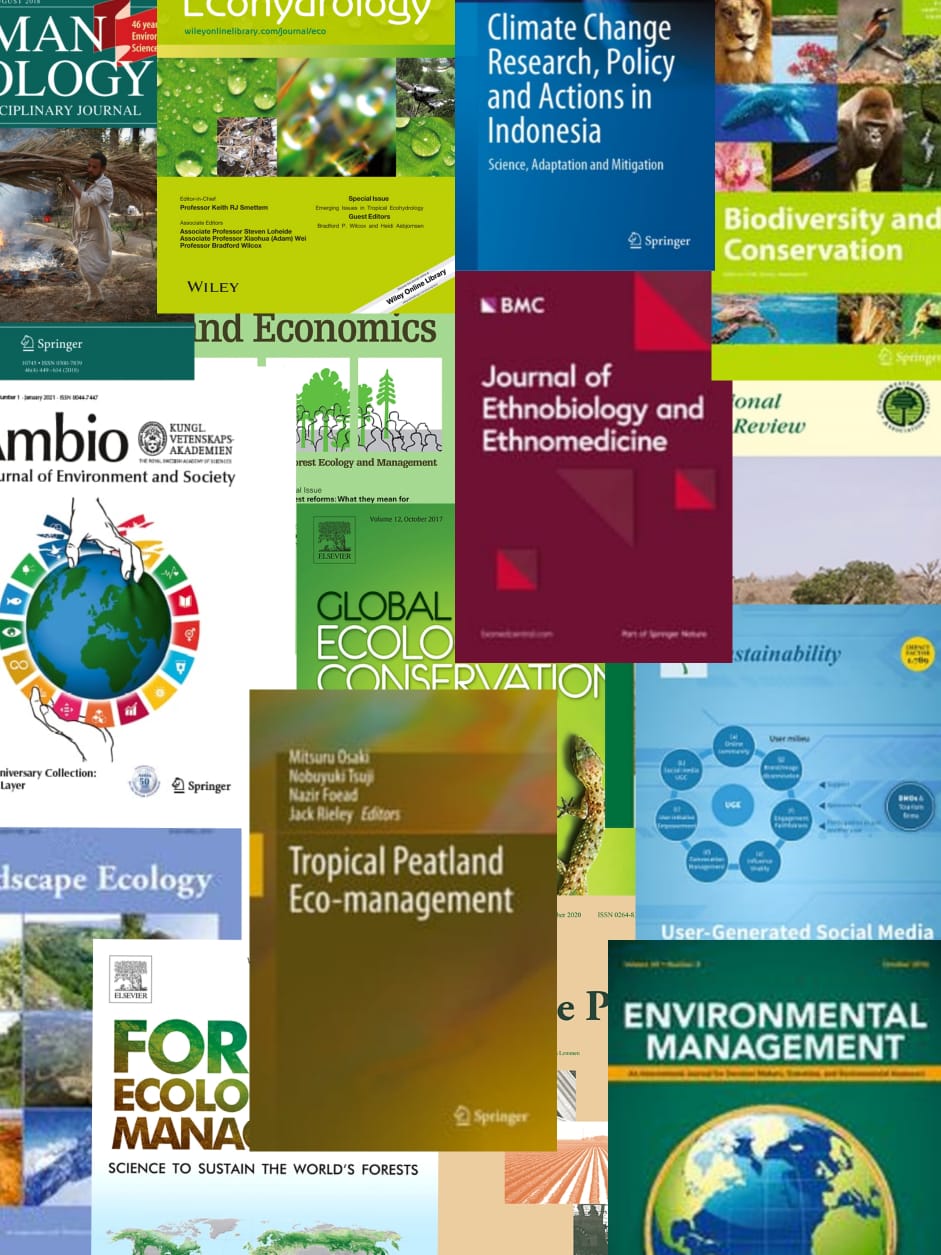The extended drought season in 1997/98 led to man-induced fires on a scale never before experienced in Indonesia and in particular in East Kalimantan, Indonesia. A study conducted by the GTZ-supported Integrated Forest Fire Management and Promotion of Sustainable Forest Management Projects in East Kalimantan (Hoffmann et al. 1999) identified an area of 5.2 million ha affected by the fires. A total of 48 timber concession areas were significantly affected, some of them over more than 90% of their area. In order to safeguard the multitude of functions provided by forests in East Kalimantan, an urgent need exists for the rehabilitation of these areas. Huge costs and a lack of long term land security pose obstacles for private concessionaires to invest in rehabilitation using local species. Rehabilitation with dipterocarp species should aim at producing valuable timber with a low risk and in line with valid criteria and indicators for sustainable forest management. That is, forest management should consider the principles of biological automation and stand management goals, which would efficiently lead to managed natural forests, fire prevention and an active and increasing participation by local people. Several fiscal incentives are discussed, such as tax exemptions, soft loans and/or direct subsidies. It is estimated, that rehabilitation of concession areas (950 000 ha) will cost approximately 285-330 million US$. Rehabilitation costs for 225 000 ha of fire-affected protected areas in need for rehabilitation are estimated at between 70 and 80 million US$.

